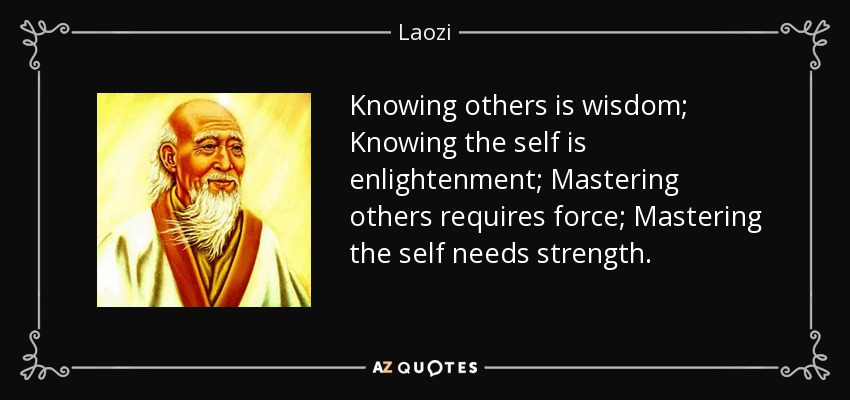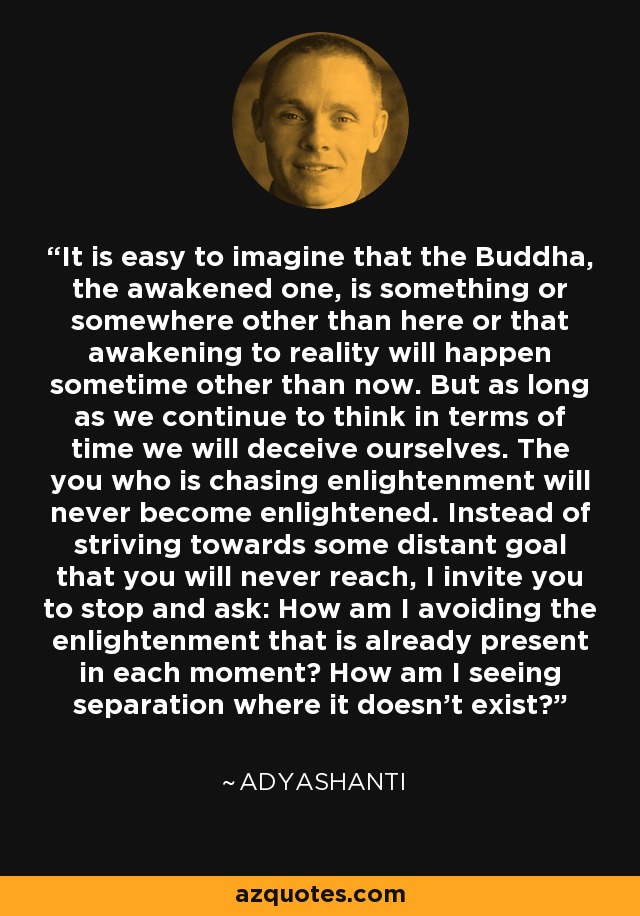Geoff-Allen
Resident megalomaniac
Do you want to learn how to be more optimistic? If so, this is the article for you.
We tend to believe that our happiness depends on what happens to us. We are happy if things work out well for us and unhappy if they don’t – there’s not much we can do about it. However, this is simply not the case. In fact, you only have to look at people in your own life to know this isn’t true – we all know somebody who is happy despite suffering terrible tragedy and someone who is miserable even when they seem to have everything.
What happens to us does not make us happy or sad, it is how we think about the things that happen to us that makes feel a certain way. It is not events that cause our emotional reactions, it is our thoughts about those events.
I recently read a book called Learned Optimism by renowned positive psychologist, Martin Seligman. Seligman has spent much of his life studying the causes of depression and what can be done to relieve it. One of the most important things he discovered is that depression is closely linked to pessimism. People who have negative patterns of thinking are much more likely to be unhappy and become depressed.
For the full article -
This Is How You Can Learn To Be More Optimistic

We tend to believe that our happiness depends on what happens to us. We are happy if things work out well for us and unhappy if they don’t – there’s not much we can do about it. However, this is simply not the case. In fact, you only have to look at people in your own life to know this isn’t true – we all know somebody who is happy despite suffering terrible tragedy and someone who is miserable even when they seem to have everything.
What happens to us does not make us happy or sad, it is how we think about the things that happen to us that makes feel a certain way. It is not events that cause our emotional reactions, it is our thoughts about those events.
I recently read a book called Learned Optimism by renowned positive psychologist, Martin Seligman. Seligman has spent much of his life studying the causes of depression and what can be done to relieve it. One of the most important things he discovered is that depression is closely linked to pessimism. People who have negative patterns of thinking are much more likely to be unhappy and become depressed.
For the full article -
This Is How You Can Learn To Be More Optimistic


